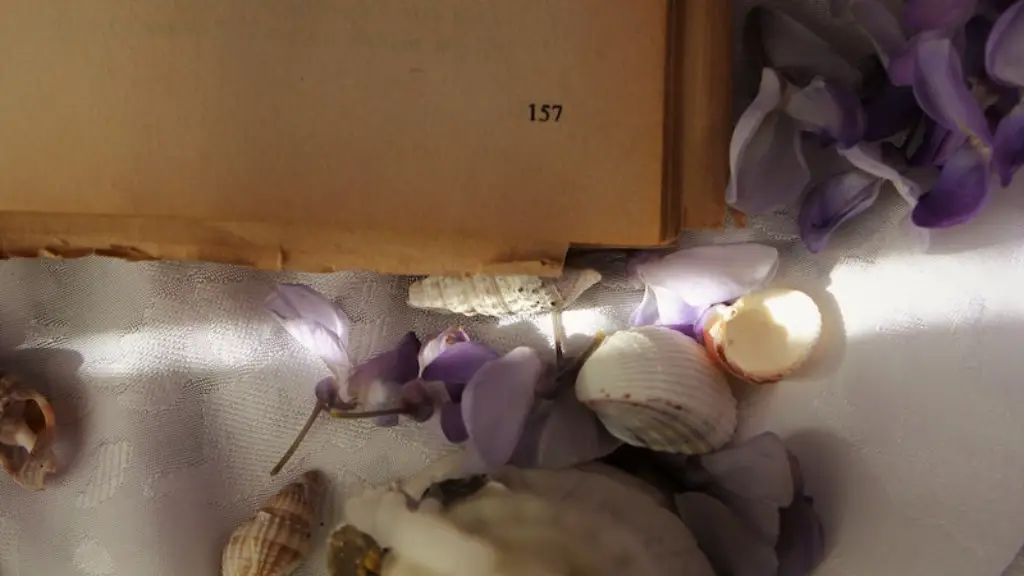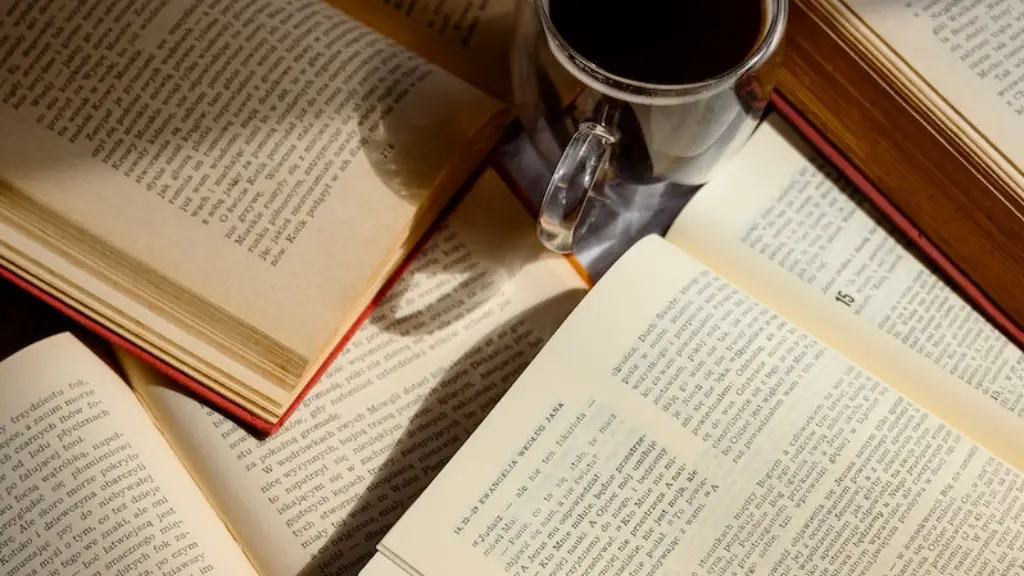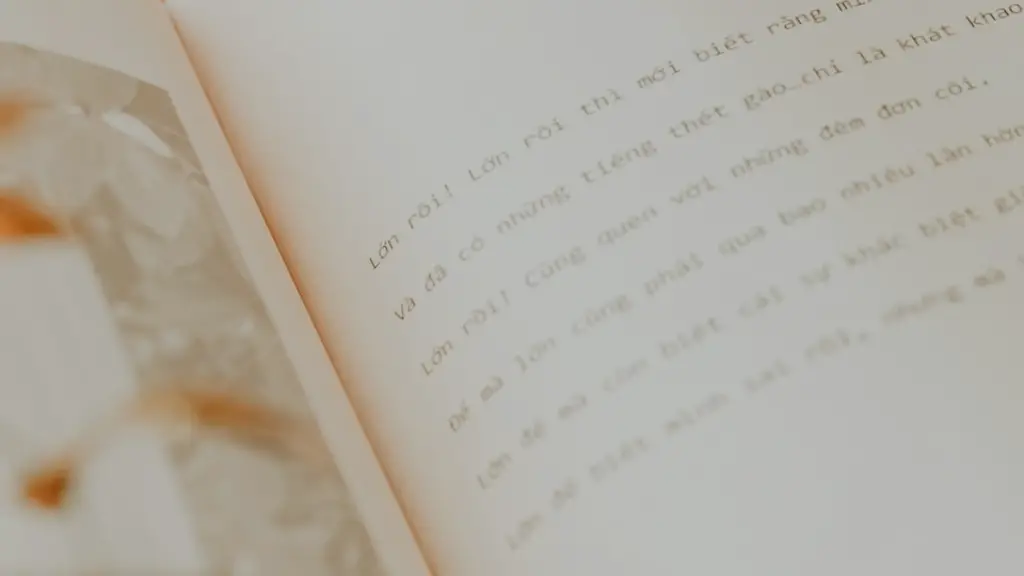Defining Poetry
Poetry is an ancient art form that exists in many different cultures, languages and forms. It is a type of creative writing consisting of characters and sounds that convey a mood, feeling, story or theme in an aesthetically pleasing way. Unlike regular prose, poetry often makes use of rhythmic patterns and meter to add emotional inflections, which gives the poem its unique voice. Formal patterns such as rhyme and repetition are often used to emphasize certain words and phrases for a specific effect, and to draw a reader’s attention to a particular theme. Poetry is widely considered to be one of the greatest forms of literature as it bridges the gap between technical structure and emotional content.
Varieties of Poetry
Poetry comes in many varieties, ranging from classic Greek and Latin poetry to modern styles such as rap and slam. While classical poetry tends to make use of rhyme and other formal conventions, modern styles often rely more on sound and visual presentation. Examples of classical poetry include sonnets, odes, and epics, while modern styles may range from free verse to spoken word and rap. Additionally, many today have embraced the idea of “visual poetry,” which emphasizes the visual presentation of words and images on the page or screen.
Themes in Poetry
Poetry often contains themes of universal truths, personal experiences, and emotions that are meant to evoke a response from readers. For example, a poem dealing with the death of a loved one is likely to evoke feelings of sorrow and grief, while a lighthearted poem about innocence and youth is likely to be more uplifting. Whatever the topic may be, poetry strives to capture the essence of an idea or experience with few words, and to evoke an emotional reaction that resonates with the reader.
The Power of Poetry
Throughout history, poetry has been used to make powerful social and political statements. From William Blake’s iconic poem “The Tyger” to protest poems by Langston Hughes, poetry has been used to challenge authority and express ideas often absent in other forms of writing. Poetry can also provide a platform for creative expression and physical release, allowing people to confront events from their past and explore life’s struggles in a new and meaningful way.
The Purpose of Poetry
One of the key features of poetry is to inspire, motivate, and uplift. Poetry can have a powerful effect on an audience’s sense of wonder, and can light a spark of curiosity and potential. Poems can also provide comfort to those in difficult times and can serve as a way of exploring personal identity and connecting to a community.
Writing Poetry
Writing poetry is a craft that involves creativity, discipline, and a willingness to experiment. Many poets begin their creative journeys by studying the work of great poets in order to gain a better understanding of poetic conventions and techniques. This can help them develop their own writing style and allows them to find their own voice in the process. Writers are encouraged to experiment with various forms and techniques until they find something that speaks to them, and that resonates with their audience.
Analyzing Poetry
In order to appreciate and better understand poetry, one must be willing to engage with the poem on a deeper level. It is important to ask questions and consider why the poet has chosen a certain form, meter, or rhyme scheme. Asking such questions can help one to uncover the deeper meaning within a poem. Furthermore, analyzing poetry involves exploring the language and imagery, considering the point of view, and analyzing the poem’s ability to evoke emotion. In this way, the poem’s beauty and resonance can be appreciated.
Unconventional Poetry
In recent decades, poets and aspiring writers have pushed the boundaries of conventional poetry by experimenting with mixed-media forms and alternative poetic structures. For example, some writers have explored new ways of presenting their work, such as releasing their poems as visuals on social media or as videos. Additionally, some poets have attempted to combine written and spoken word in order to create a new type of poetic performance. Some poets have even attempted to find new ways to incorporate images, music, and other media into their poems, creating something that is unique and engaging.
Techniques for Writing Poetry
Although every poet has their own unique style, there are certain techniques that can help a writer craft a more effective poem. Aside from being familiar with the structure and conventions of poetry, it is also beneficial to use strong imagery and wordplay to bring a poem to life. Additionally, it is important to pay attention to the sounds and rhythms of words in order to create a sense of flow and harmony. Lastly, poets are advised to be mindful of their audience, as this can affect their own writing style and the way their poem is received.


